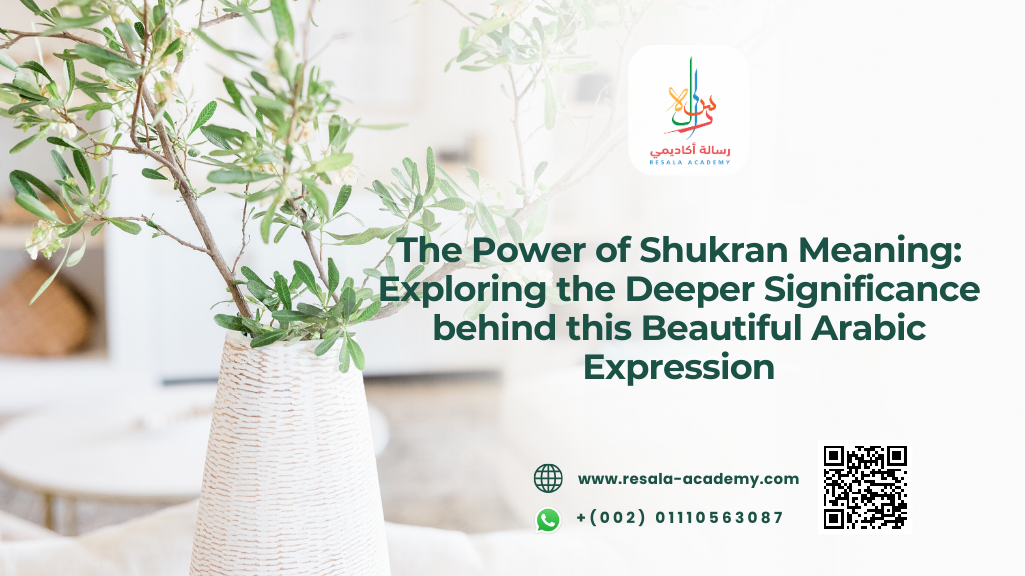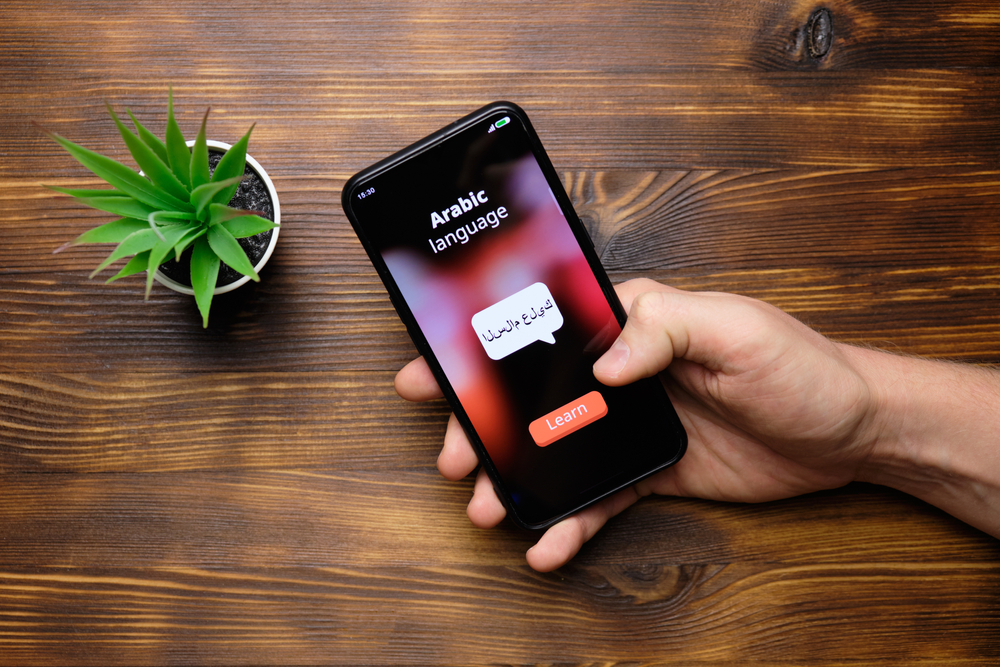Oh, congratulations! You decided to learn Arabic. This is a challenging but rewarding effort. Arabic is the sixth most spoken language in the world, with almost 420 million people speaking it worldwide. Learning a new language is always a big undertaking, but when a new language does not share a root with your native language, it is even more difficult.
There are keys to success in becoming fluent in any new language. You learn vocabulary, conjugation of verbs, grammar, structure of sentences, and then practice, practice, practice. In the new language, you immerse yourself. You watch movies and listen to music in a new language, speak it as often as you can, and search for and interact with native speakers. You’ll have a working understanding and a starting fluidity in the new language before long.
Table of Contents
Or that’s the idea, at least. However, Arabic can present some unique challenges for native English speakers that can slow down the learning process. For instance:
- Arabic utilizes an entirely new alphabet.
- Arabic and Latin-based languages have almost no shared vocabulary. A new word is every single word you learn.
- Arabic is a highly inflectional tongue. Subject, tense, and mood are communicated by how you inflect your tone.
- There are 10 usual verb patterns, and for the active and passive voices, students must memorize the conjugation and vocalization.
- Plurals and their numerical agreements are harder and more complicated than what we are used to in English.
- Arabic is foreign, in every sense of the word, to English speakers.
That sounds a bit tough, doesn’t it?
Thankfully, there are steps that can be taken by anyone to make it easier to learn Arabic. It’s going to take hard work, commitment, and time, but it’s definitely achievable.
There are a lot of Arabic types. It is the mother tongue and official language of almost 30 Middle East and Northern African countries. Different accents and a range of local pronunciations exist. You will want to choose the variation that applies to that region if you plan to spend time in a specific area.
Egyptian Colloquial Arabic, which is the most widespread regional Arabic dialect and is used most often in television and movies, is one such example.
However, Modern Standard Arabic, the official language of 22 Arab countries and one of the official languages of the United Nations, should also be considered by brand new students.
By transcribing words instead of learning the Arabic alphabet first, it’s easy to fall into the trap of trying to learn Arabic. Think about how, back in school, we learned English. You learn your letters first, then you form those letters into words, then you learn how to make phrases, and then you learn more about proper grammar and syntax. Taking shortcuts just slows you down.
Step 3. Learn to use the Arabic dictionary
This assignment isn’t as simple as it sounds. Words are generally organized around three-letter roots in an Arabic dictionary. You need to know what the root is and what letter the root begins with, which is not necessarily the first letter in the word, to look up a word. It takes practice to use the dictionary, but the sooner the better you learn it. It will simplify and make the entire process more enjoyable.
Step 4. Take a dive into study and practice
This is a critical step in every language learning, but twice as much in Arabic. The best method for learning a new word is by looking at it, listening, writing it and talking it, and combining the things you can.
One way for beginner language practice is to watch television programs for children in that language. The vocabulary is simpler and new students of any age can be extremely helpful with the educational nature of these programs. As you gain skill, another tactic is to watch films with English subtitles in foreign language. This gives you a better listening “ear,” and the subtitles give you the translation of what you hear. You can eventually switch off the subtitles and understand what they say.
Seeing and hearing, however, is not enough. It’s important that you talk to other people in Arabic. If you don’t know the Arabic languages, it can be hard to find a conversational partner. Fortunately, modern technology can do a great deal to address this problem.
There are many groups for Arabic students online, and it is easier to find teachers who can train and assist you. Profit from such resources. The more you practice, the more quickly you learn.
Step 6. Never stop learning
These are just the beginning steps. It’s easy to begin the journey of learning Arabic, but it’s hard to see it through. Mastering the language will require years of study, but you can quickly gain conversation skills if you dedicate yourself to the pursuit.
Are you ready to dip your toes in the water? Try a free lesson. We’ll be glad to help you take your first steps to learn how to speak Arabic online.
And good luck to you! Or, as you say after learning the language, Hazz Saied!
Resala Academy teaches Arabic & Quran for non-Arabic speakers who want to effectively enhance their speaking skills and Quran reading all over the world, in an affordable, fast and effective way.

Testimonials
Trusted by Thousand of Students and Tutors


Features of Our Courses
Why Choose Us?
We offer our students high-quality Arabic and Quran at affordable prices that meet their budget. All our teachers are from Egypt so Arabic is their mother tongue.
Best Industry Leaders
We are top-rated academy on Google & Trustpilot.
Learn Online at Your Own Pace
We help you and your kids to learn Quran from home.
Professional Certification
For each level you complete we issue a certificate of completion.






